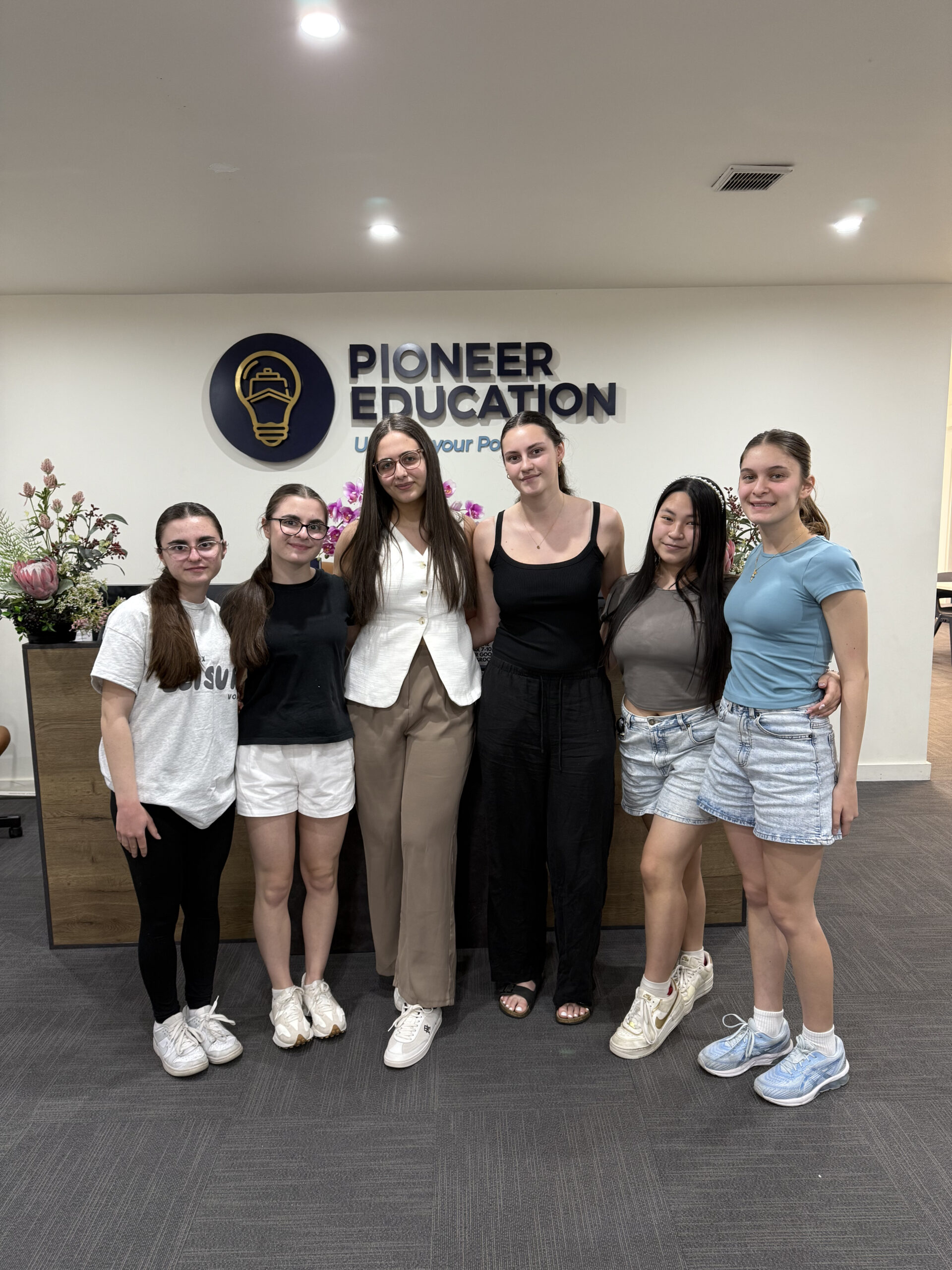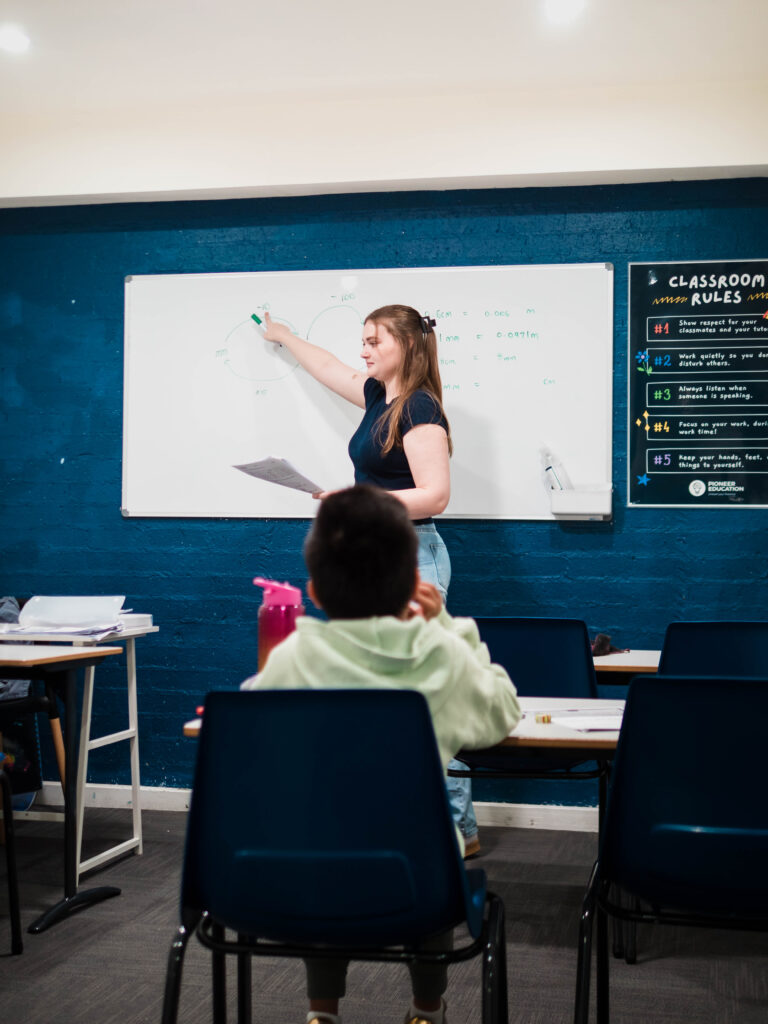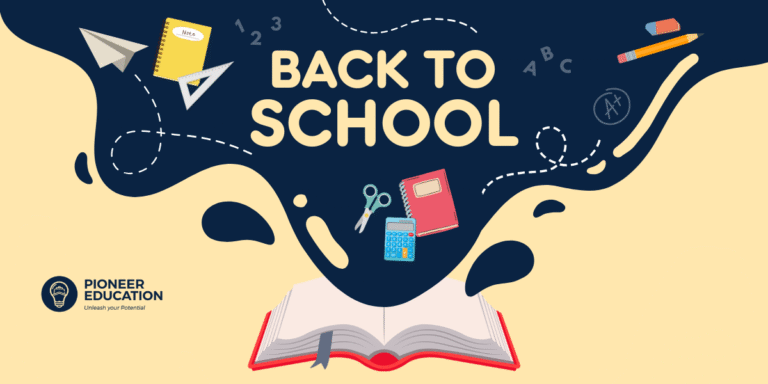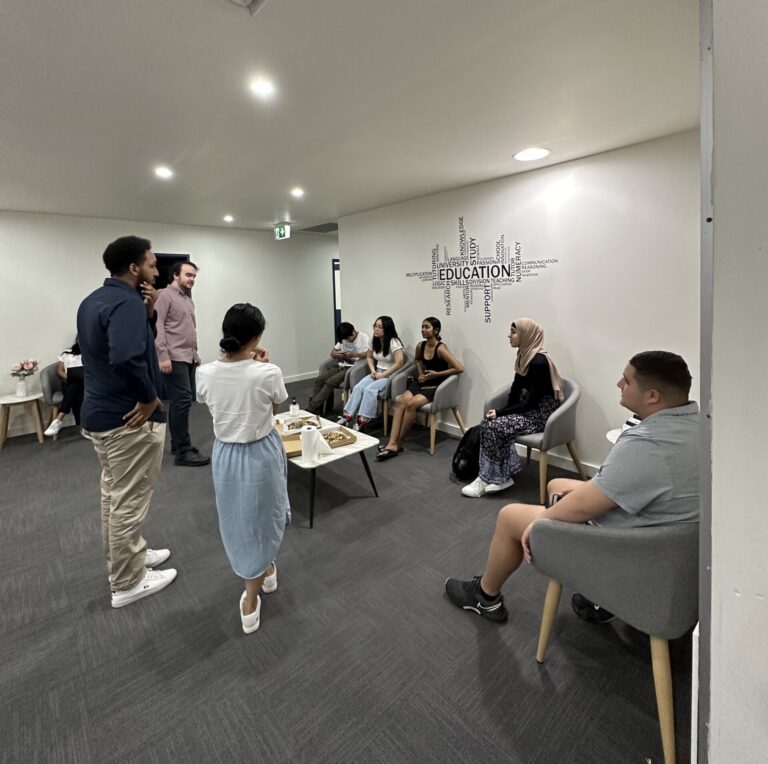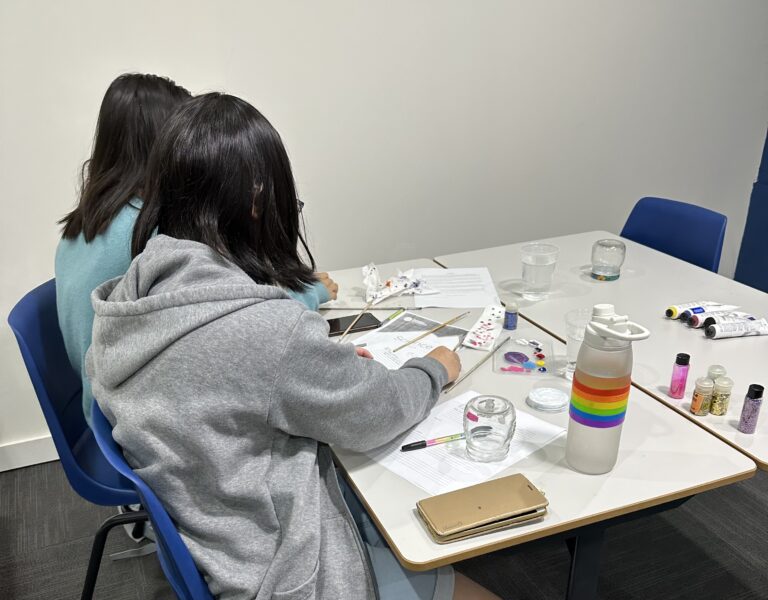The Power of Preparation: Turning Year 11 into Your Launch Year
Introduction
Starting Year 11 often feels like being at the base camp of a big climb. You’re farther than before, with steeper slopes ahead. The decisions, habits, and strategies a student adopts in Year 11 can make or break their Year 12 experience. At Pioneer Education, we’ve seen students transform not because of last‑minute cramming, but because of deliberate preparation early on. In this post, we’ll walk through how Year 11 can be the most powerful launching pad for Year 12 success — and how parents and students can work together to build momentum now.
1. Setting a Clear Vision and Goals
Before diving into textbooks, it’s critical to pause and define what “success” means.
Why Clarifying Goals Matters
When students have a vivid target—whether it’s an ATAR score, admission to a particular degree, or mastery of certain subjects—they make better choices each week. A vague “just try harder” mindset doesn’t provide direction.
How to Set Useful Goals:
- Break it down by subject: For each subject, ask: “What grade would I like? What topics am I weakest in?”
- Set process goals: For example, “complete 3 practice questions daily” or “review class notes within 24 hours.”
- Review and refine quarterly: As students progress, goals may need adjusting based on what’s realistic.
- By aligning daily habits to long‑term ambition, you turn Year 11 from a holdover year into a proving ground.
2. Mastering Foundations in Subjects
Year 11 introduces new depth and complexity. Now is the time to build solid understanding rather than just aim to scrape through.
Identify Core Concepts Early
- Every subject has foundational pillars (e.g. in mathematics: algebra and functions; in English: reading comprehension and argument structure). If these are shaky, Year 12 will feel punishing.
Regular Skill Reinforcement
- Weekly review sessions: Revisit previous material briefly every week to avoid forgetting.
- Mini quizzes or flashcards: For formulas, vocabulary, key definitions.
- Edge into advanced content: Don’t ignore harder topics introduced early — confronting challenge builds confidence.
By the time Year 12 arrives, you don’t want to be scrambling to learn Year 11 content under pressure.
3. Developing Effective Study Habits & Routines
Knowing what to study is only half the battle — how and when you study is just as important.
Build Consistency First
- Start with shorter, regular sessions (e.g. 45–60 minutes daily), then gradually increase. Avoid long, irregular bursts.
Use Smart Techniques
- Active recall & spaced repetition: Instead of re-reading, try retrieving information.
- Interleaving: Mix different subjects in a session to maintain freshness and improve retention.
- Reflection & self‑assessment: At the end of each week, ask: “What was hard this week? What will I do differently next week?”
Time & Load Management
- Balance is key. Include buffer periods in the timetable for catch-up, rest, and mental breaks. Avoid burnout by scheduling downtime too.
4. Cultivating the Right Mindset
Success in Year 12 is not just about intellect, but attitude and resilience.
Growth Mindset Over Fixed Mindset
- Encourage the belief that abilities can be developed through effort and learning. Mistakes aren’t failures; they’re feedback.
Embrace Challenges, Not Avoidance
- Difficult topics or problem questions are opportunities to grow. When a student feels stuck, support them to work through strategies instead of skipping.
Build Habits of Reflection & Adjustment
- Encourage journaling or “end-of-week check-ins” where students note progress, setbacks, and plan tweaks.
5. Regular Feedback, Accountability & Support
Even the most motivated student needs checks, guidance, and accountability — that’s where a tutoring environment shines.
Scheduled Check-ins
- Biweekly or monthly reviews with a tutor can uncover blind spots or stagnation. Ask: Are goals being met? Is the study plan working?
Diagnostic Assessments
- Short, well-timed quizzes or tests help identify weak areas early. Then focus revision where needed, not everywhere equally.
Peer & Mentor Accountability
- Form small study pairs or groups. When students hold each other accountable (e.g. “I’ll send you three worked problems by Sunday”), consistency improves.
Conclusion & Call to Action
Year 11 isn’t just a stepping stone — it’s the bedrock of future achievement. With deliberate goal-setting, mastery of foundation concepts, effective routines, a resilient mindset, and structured support, a student’s Year 12 journey becomes far more confident and controlled.
At Pioneer Education, we don’t wait until the eleventh hour. Our expert tutors help students start strong, track progress, and refine strategies across the full journey — from Year 11 through HSC. If you or your child is ready to build momentum now, join us for a trial class and let’s begin the journey to Year 12 success — together.

